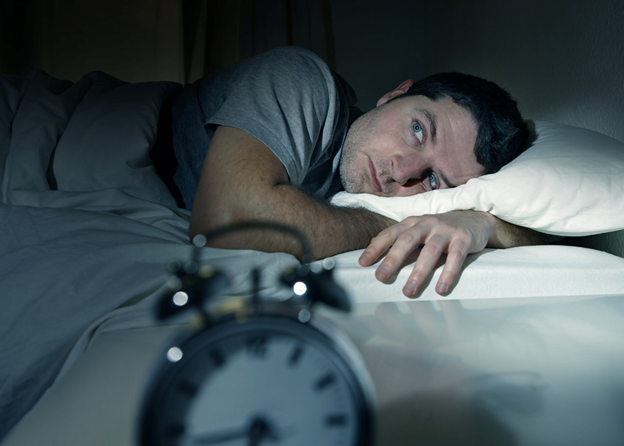Did you know that adults should get at least seven hours of sleep every night? Anything less is considered short sleep duration, linked to obesity, metabolic issues, heart problems, and other health conditions.
Unfortunately, even if you go to bed early to catch up on rest, you may spend hours tossing and turning. If you have trouble sleeping, keep reading this post for tips on getting a better night’s sleep!
- Stick to a Schedule
It’s tempting to stay up late on the weekend and sleep until noon, but this habit can throw your sleep schedule off. If you want to fall asleep easier and wake up with more energy, try to go to bed and get up at the same time every day.
Having a consistent schedule requires some self-control, but it’s the best way to support your sleep-wake cycle.
Even if you can’t fall asleep right away, get into bed and do a relaxing activity to help your brain unwind and relax. Read, listen to music, or catch up on a podcast. Do this until your body gets used to going to bed and relaxing at this time every day.
- Limit Screen Time in the Evening
Blue light tricks your body into thinking it’s daytime, even at night. This wreaks havoc on your circadian rhythm, reducing melatonin, the hormone that helps you relax and makes you sleepy.
Since electronic devices emit blue light, it’s best to limit your use at least two hours before bedtime.
Some tablets and phones have a night mode, which blocks blue light when enabled. So if you can’t stop using your electronics altogether, be sure to turn on night mode or use blue-light-blocking glasses.
- Manage Stress Effectively
If you find yourself unable to sleep at night due to worries or stress, you may find it helpful to journal before bed. Write down everything running through your mind, and remind yourself that you can deal with it tomorrow.
Other habits to help manage stress include:
- Regular exercise
- Meditation
- Making a to-do list
- Delegating tasks
- Staying organized
These habits can help you limit your stress and prevent it from affecting your sleep schedule.
- Try Supplements
Certain supplements can help with sleep, including melatonin. Taking two milligrams of this sleep aid can help you fall asleep faster and achieve deeper sleep.
Many people also use CBD as a sleep aid, but if you choose to do so, be sure to learn the difference between CBD and CBN.
- Visit the Doctor
Sleep issues, such as sleep apnea can prevent you from getting sufficient rest. If you don’t see any improvement after trying the recommendations in this post, it’s a good idea to visit the doctor.
They can help you identify the root of your problem and recommend an appropriate treatment plan.
Follow These Tips When You Have Trouble Sleeping!
Trouble sleeping can negatively impact your health and leave you feeling cranky. Be sure to follow the tips in this post for quick and long-term relief!
If you want more health and wellness advice, browse through more of our content!

